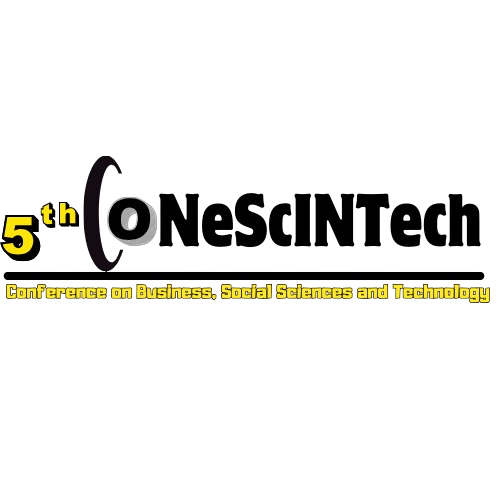Corporate Criminal Liability in Corruption Offense: A Comparative Study of Indonesia, Singapore, and ChinA
DOI:
https://doi.org/10.37253/conescintech.v5i1.10579Keywords:
Corporate Liability, Corruption, Indentification Theory, Vicarious Liability, Comparative LawAbstract
This study examines corporate criminal liability in corruption offenses through a comparative analysis of Indonesia, Singapore, and China. These three countries demonstrate distinct legal approaches in prosecuting corporations as perpetrators of crime. Indonesia still employs the identification theory, which limits corporate liability to the actions of top management, as reflected in the Liquefied Natural Gas (LNG) procurement case involving PT Pertamina. In contrast, Singapore applies vicarious liability and strict liability, allowing companies to be held accountable for the actions of their agents without requiring proof of personal fault, as exemplified by the Keppel Offshore & Marine case. China adopts a more progressive approach through the concept of unit crime, enabling simultaneous prosecution of both individuals and corporate entities, as seen in the GlaxoSmithKline case. Using a normative juridical method and comparative legal approach, this research finds that Indonesia faces significant obstacles in directly prosecuting corporations due to weak technical regulations and an individualistic tendency in criminal law enforcement. The study recommends reforming Indonesia’s corporate criminal liability system by adopting more structural and preventive approaches, as implemented in Singapore and China.












